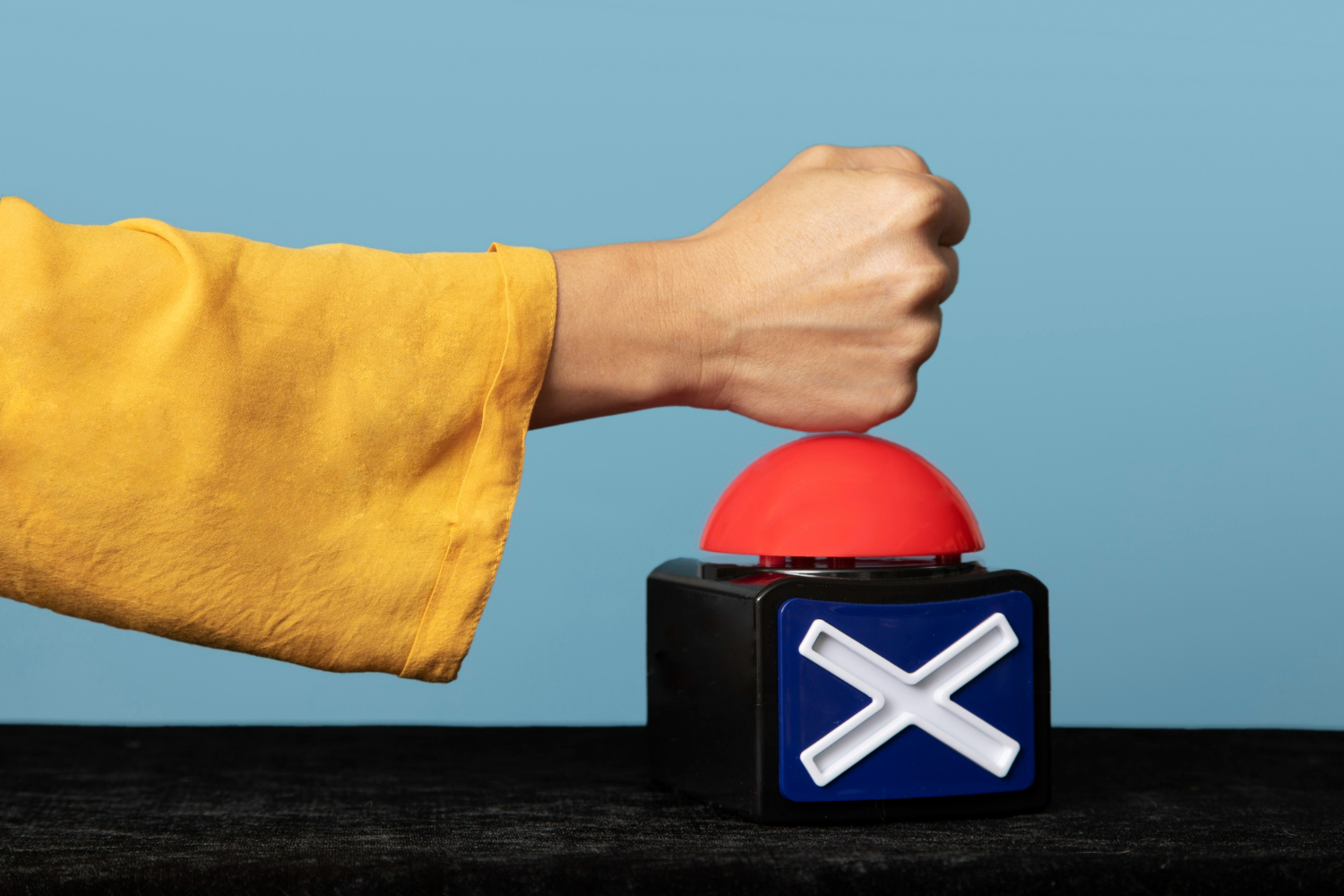Cancel Culture: Friend or Foe? Decoding Confusion GenZ Lingo

GenZ is a new era of social activists, where you can be anyone, be anything, and be anywhere. And to ensure this stays up, GenZers tend to corner you out for "being sussy" (or saying something irrational or stupid online.) As a result, another phenomenon is rising among all the "silly-posting" (a genre of memes involving cats) that gets anyone scratching their heads: cancel culture. Is it a blade of justice or a digital mob with pitchforks and torches?
Aight, let's just put away all the "boomer" and "millennial" labels for a sec. Cancel culture is not focused on a generational divide; it's accountability in the age of social media. Remember when, like, a celebrity had a "side chick" (an affair) that would end up in a tabloid, but it wouldn't haunt you for the rest of your career? That's not the case today. Today, a single discriminatory slur you said ten years ago on Twitter could get your entire life taken down, and that's the beginning of being canceled. But here's the thing: it's not just about "throwing shade" (subtle criticism) or "dragging" someone online (a more intense form of criticism). Instead, there are more significant consequences for harmful acts "swept under the rug." Say, the #MeToo movement, where feminism was preached to hold powerful men accountable for sexual misconduct. Was it an example of cancel culture or just a long overdue reckoning?
Now, the "oof" moment: Cancel culture is hasty and messy. It can lead to quick and untrue judgments, hivemind swarms, and even silencing of diverse viewpoints. Think about it; think about all the celebs that canceled; it doesn't sound cool now.
So, the main question arises: how do we tread the land of canceling? Let's spill the "tea" (truth) today.
- Context, context, context! Don't take context for granted. Don't judge a tweet you hate by just its hashtag! Consider the situation. It could be a satirical or a sarcastic tweet.
- Don't just impose YOUR views on something. Every netizen's common mistake is speaking on someone else's behalf. Look beyond the picture and study how different people react.
- It's not just about the punishment; it's accountability! Don't tweet about it; focus on educating and changing the behavior. It's not just about inflicting pain; it's about restoration.
Remember, cancel culture is difficult, so only jump on the bandwagon if you know about it. It's best to understand the terminology and its nuances. Stay woke, stay informed, but stay kind. Stay safe out there.